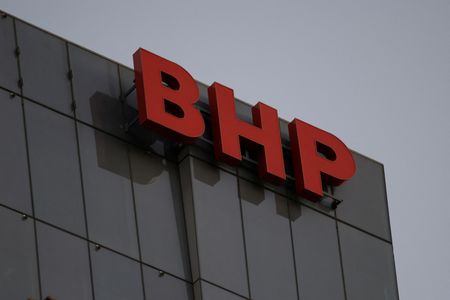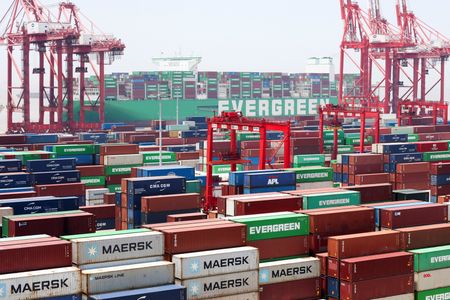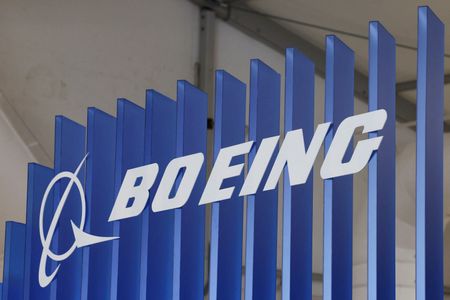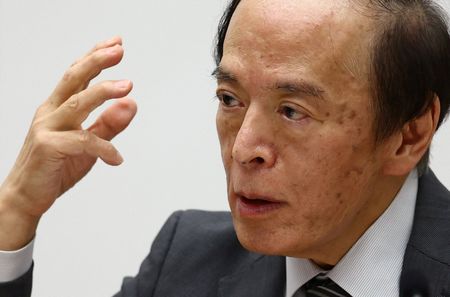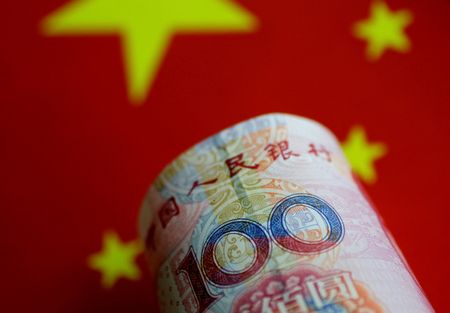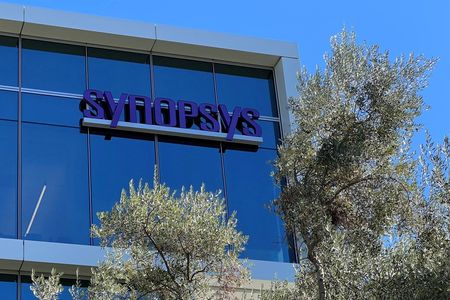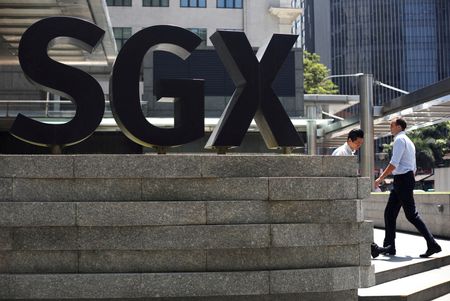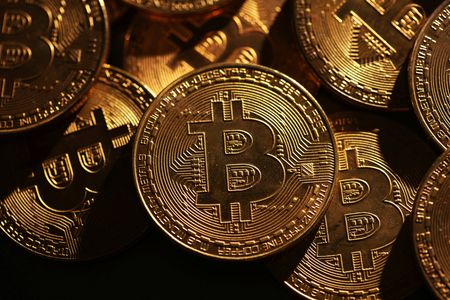MELBOURNE (Reuters) -The world’s biggest listed miner BHP said on Monday it has signed preliminary deals with China battery giants CATL and BYD to explore battery opportunities for mining equipment and transport across its global operations.
The companies will jointly research and develop battery solutions for heavy mining equipment and railway locomotives, which in BHP’s Western Australian operations haul millions of tons of iron ore long distances from mine sites to the coast.
Studies with both companies will also include the potential use of fast-charging infrastructure and battery recycling.
As well as the potential to cut BHP’s direct emissions, and potentially its power costs, the new products may provide a template to cut emissions across the mining industry.
“This strategic relationship marks further progress in BHP’s work to reduce greenhouse gas emissions (GHG) from our operations and enable support for further developments within the global resources sector,” Chief Procurement Officer Rashpal Bhatti said in a statement.
Bhatti moved into the top procurement role based at BHP’s copper operations in South Australia last year, after having moved to curb emissions in the company’s maritime arm by using ships fuelled by liquefied natural gas to transport iron ore.
With BYD unit FinDreams Battery, BHP will also explore options to develop electric vehicles for use at mine sites as it seeks to cut down its diesel use.
High power costs for metals producers like BHP have become an increasingly urgent issue in recent years. Some, including Trafigura and Glencore, are reviewing the viability of their Australian operations.
BHP’s medium-term target is to cut its operational emissions by at least 30% by 2030 from 2020 levels as well as to support the development of technology capable of reducing emissions intensity by 30% by the end of the decade.
Still, of the mining majors, its goals are the least aggressive. Rio Tinto has committed to halving its operational emissions by 2030, while Australian iron ore miner Fortescue is targeting net zero emissions, without using offsets, by then.
(Reporting by Melanie Burton; Editing by Jamie Freed and Sonali Paul)

